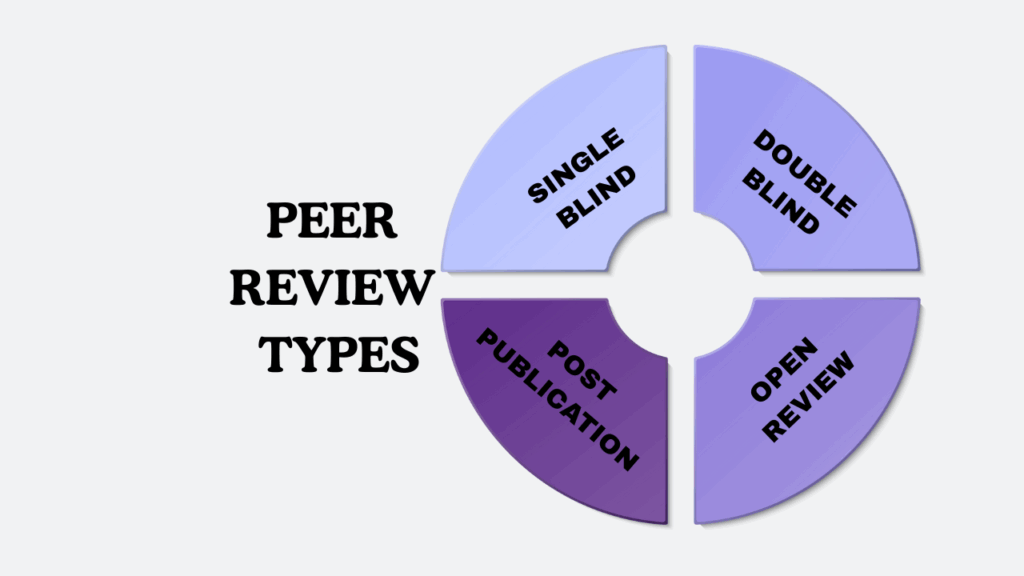Journals need to expand their reviewer pool and reviewers need to diversify their interests

Peer review is an invaluable way of improving your manuscript, as long as it reaches (in general) three researchers that have an interest in the species, geographical region, methodological approach/tool being used.
However, this is becoming increasingly difficult for handling editors, whose requests to potential reviewers are often rejected due to researchers being too busy or already reviewing too many papers. The issue of reviewer scarcity is further aggravated by the ever increasing numbers of papers submitted for publication to a continuously increasing pool of journals. Needless to say, it needs resolution because reviewing is not an easy task. The effort placed in reviewing papers noticeably varies within and across reviewers; but each individual takes a unique perspective of a paper, leading to comments that inevitably help improve work and remove potential issues before reaching the public eye.
As the recipient of peer reviews, I often find that reviewers new to the process and, of course, those competing in the same space provide the most criticism. I was lucky in that my supervisor gave me guidelines on how to peer review that I continue to follow and pass on to my students. I believe that investing in training people on how to conduct peer review is essential, and that journals should take a more active approach. In particular. It is essential to keep in mind that a paper is something that a person has invested huge time and effort in designing, implementing and writing up. Therefore, if I identify issues with the writing, I will suggest how I would revise the sentence or paragraph, so that the author knows how to address my comment. If it is an issue with a methodological approach, I will again direct the author to relevant works with which they re-evaluate their approach, if possible, or draw on these existing approaches to justify their work. If a reviewer simply states that something is wrong or written poorly with no explanation, there is not much scope for the author on how to make the changes, often leading to their failing to address the comment adequately. Therefore, maybe journals could invest in “training” both experienced and new people for peer review before reviews are conducted, including multichoice questions and answers (with the request to repeat these once a year) to guide them on the best approach in a short, effective manner.
I enjoy reviewing papers, and receive a wide range of studies on biology and ecology from a wide range of journals each year. I believe that by reviewing a range of works, one can contribute to the wider reading in your subject and parallel subject areas; thus, it should be perceived as a positive contribution to a person’s workload and encouraged.
To me, diversity is about journals solving the peer review scarcity issue and training young and experienced reviewers to equip them with the necessary skills and standards required to perform high-quality peer review. It is also about reviewers being open to evaluate a wide variety of papers related to their field to diversify their knowledge and skills.






